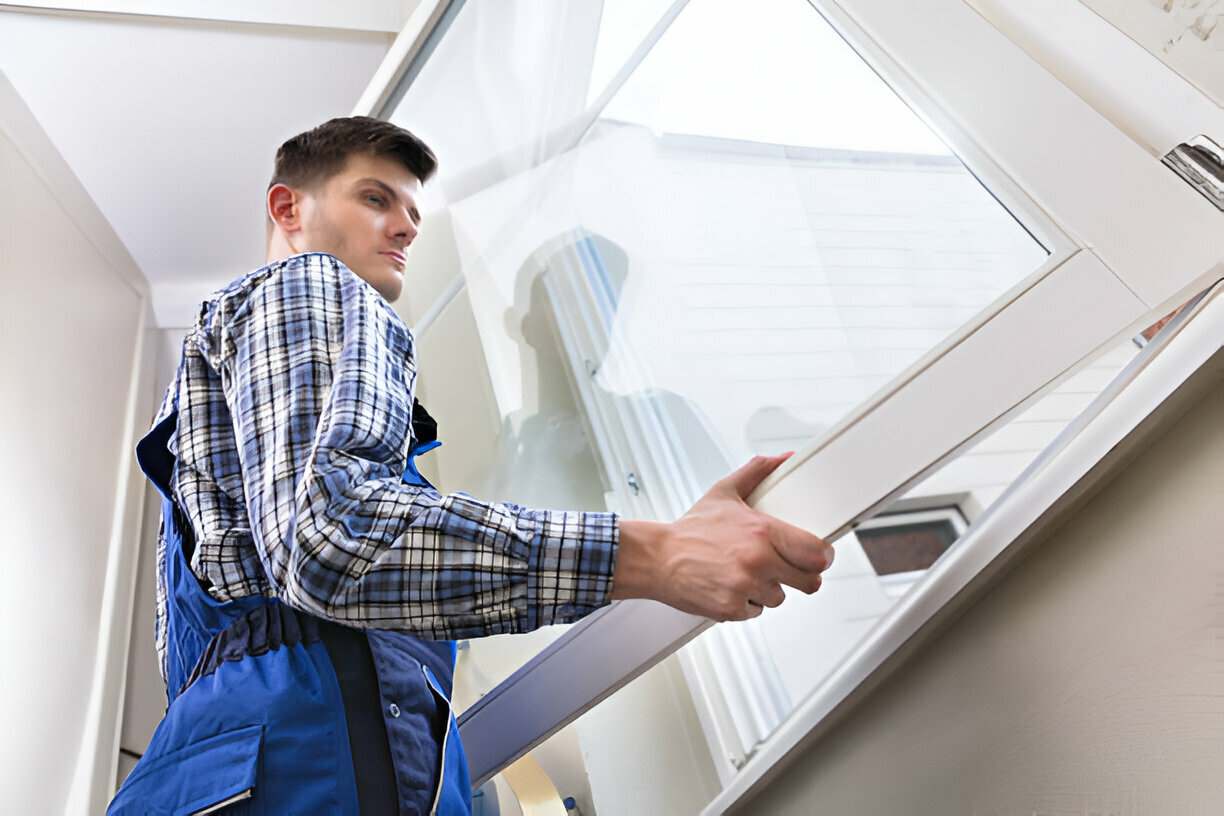While DIY projects offer a sense of accomplishment and potential cost savings, they can also expose homeowners to unexpected legal issues. Window installation, in particular, is a task that requires careful consideration of local regulations and potential liabilities.
This article explores the legal challenges homeowners might face with DIY window installation and why professional guidance is often the safer route.
Contents
Building Codes and Permits
Most municipalities have specific building codes that regulate window installation. These codes ensure safety, energy efficiency, and structural integrity. DIY projects often bypass these regulations, leading to potential fines or required corrections.
Obtaining the necessary permits is crucial for any window replacement project. Without a permit, you risk facing legal penalties and may have difficulty selling your home in the future. Professionals are familiar with local building codes and can navigate the permit process efficiently.
Homeowners Association (HOA) Regulations
If you live in a community governed by a Homeowners Association (HOA), you must adhere to their rules regarding exterior modifications. Window replacements often require HOA approval to maintain uniformity and aesthetic standards within the community.
DIY installations that violate HOA regulations can result in fines or demands to revert the changes. Professionals are experienced in working with HOAs and can ensure that your window replacement project complies with all requirements. This prevents potential conflicts and costly rework.
Warranty Implications
Many window manufacturers require professional installation for their warranties to remain valid. DIY installations may void the warranty, leaving you responsible for any defects or failures that occur down the line. This lack of warranty protection can be a significant financial risk.
Professional installers often provide their own warranties on labor, adding an extra layer of protection. Choosing a certified installer ensures that your window investment is safeguarded against potential issues, offering peace of mind and financial security.
Liability for Injuries
DIY projects can pose safety risks, and any injuries sustained during window installation can lead to significant liability issues. If a friend or family member helps with the project and gets injured, you could be held responsible for medical expenses and other damages.
Hiring licensed professionals transfers the liability to them. Reputable companies carry insurance that covers any injuries or damages that may occur during the installation process. This protects you from potential legal action and financial burdens.
Disclosure Obligations During Home Sale
When selling your home, you are legally obligated to disclose any known defects or unpermitted work. DIY window installations that don’t meet building codes or lack proper permits can create legal problems during the sale. Buyers may demand costly repairs or withdraw from the transaction altogether.
Having professional documentation of your window replacement project provides transparency and reassurance to potential buyers. It demonstrates that the work was done correctly and complies with all applicable regulations, facilitating a smoother and more successful home sale.
Conclusion
While DIY window installation might seem like a cost-effective option, the potential legal issues can outweigh any initial savings. From building codes and HOA regulations to warranty implications and liability concerns, the risks are substantial.
Engaging qualified professionals ensures compliance, protects your investment, and provides peace of mind. By prioritizing expertise and adherence to legal requirements, you can avoid costly mistakes and safeguard your home’s value and your financial well-being.

